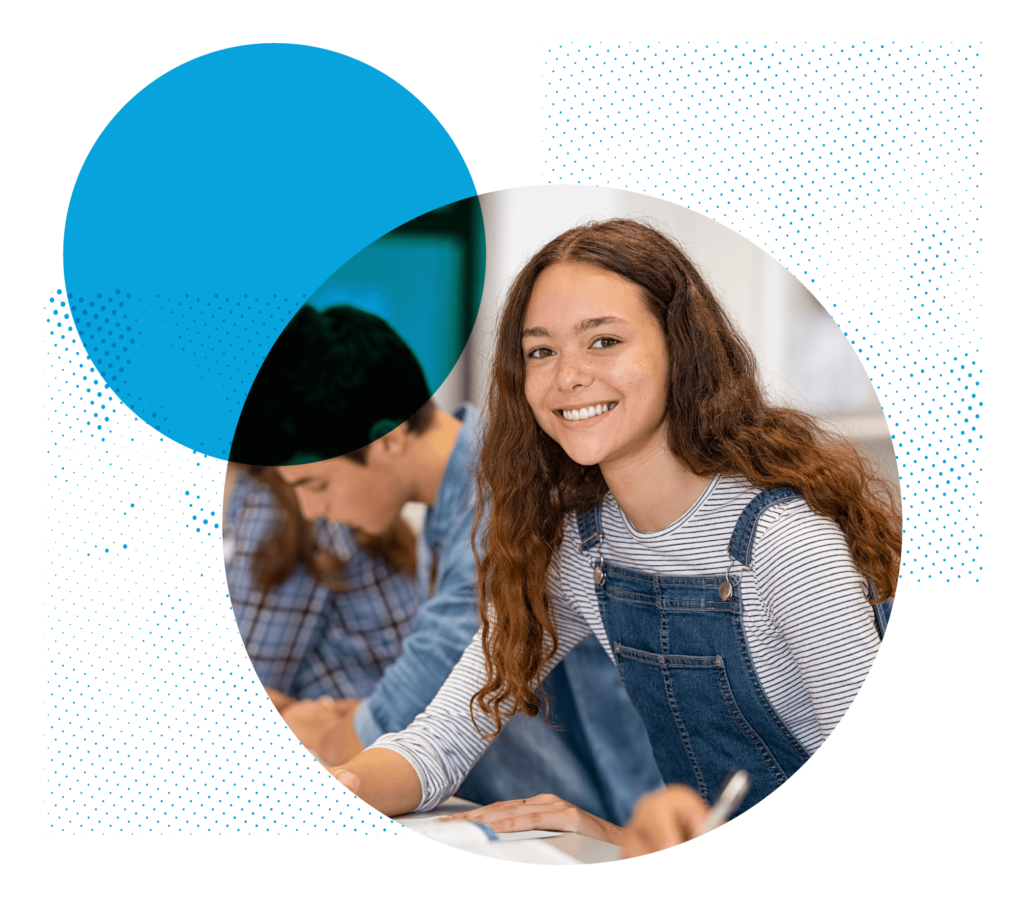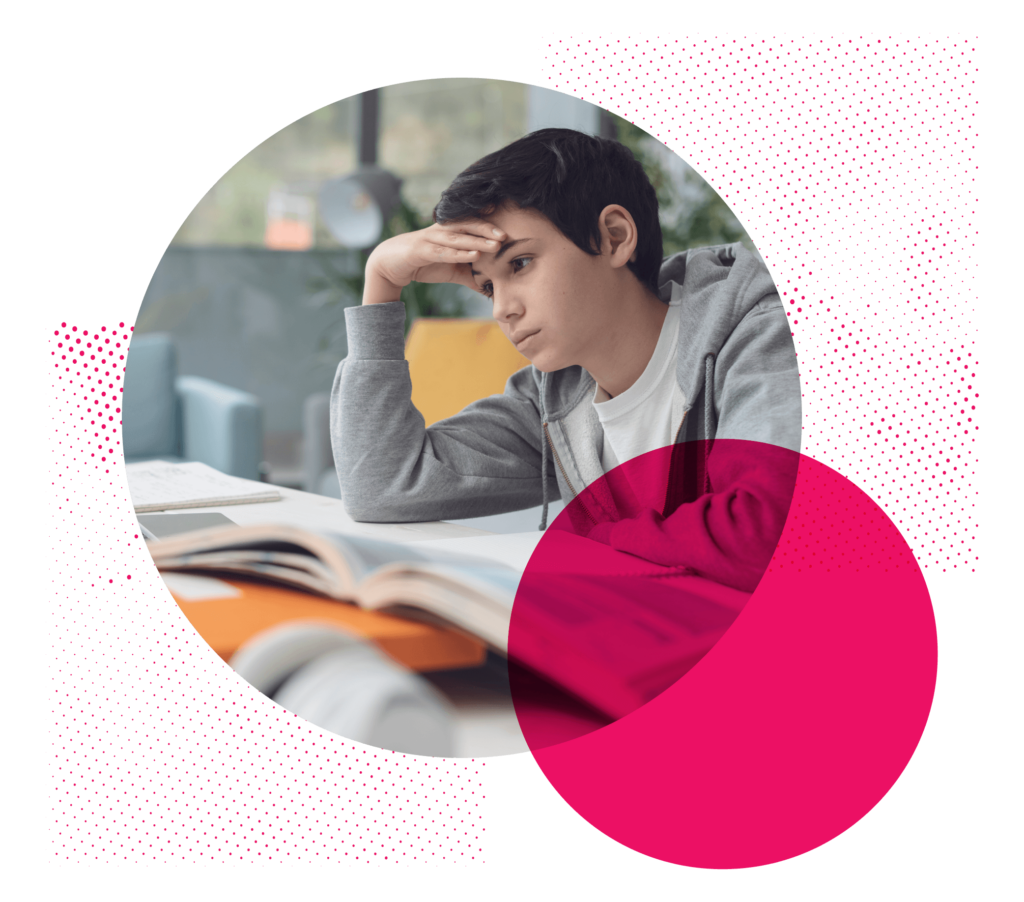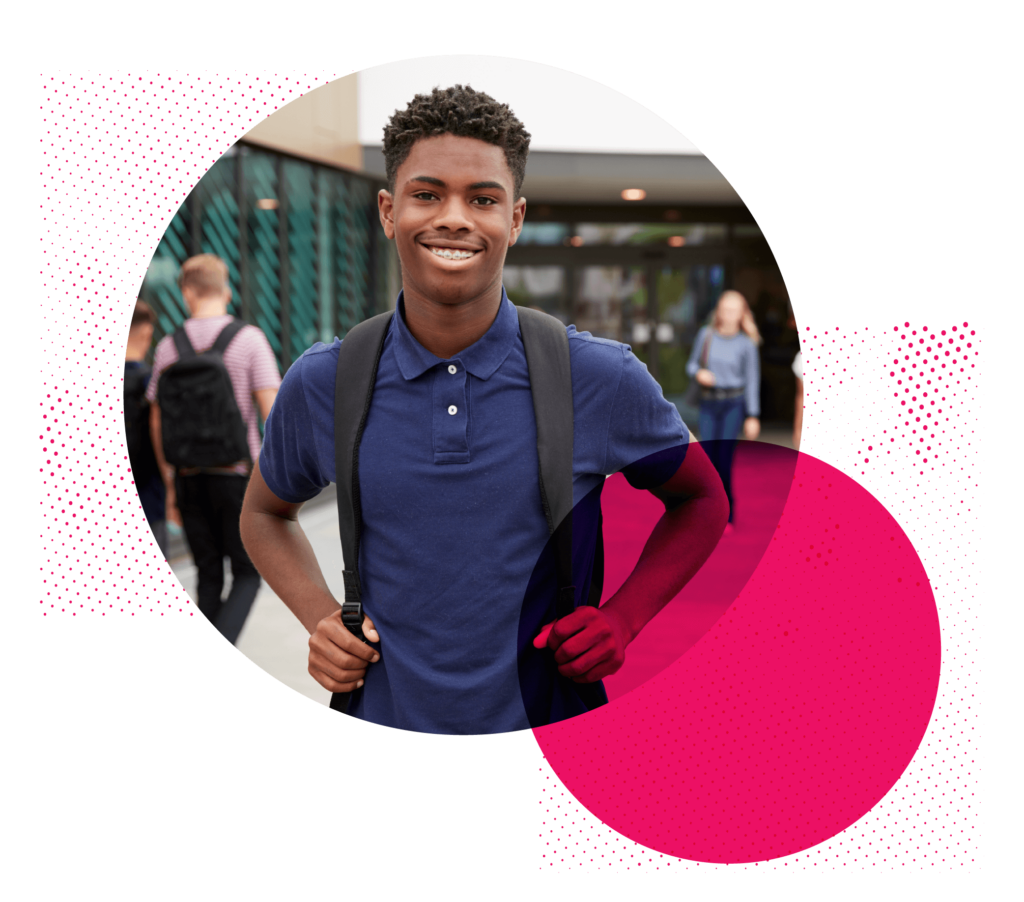The Best Fluffy Pancakes recipe you will fall in love with. Full of tips and tricks to help you make the best pancakes.

For Parents.
Knowledge for fostering growth
We understand navigating this world of executive functioning can be overwhelming, particularly when you’re concerned about why your student may not be learning as well as you believe they can. We’ve developed resources to help you determine whether executive functions play a role in your student’s situation and to provide guidance on possible solutions.
Jump to a section…

What are Executive Functions?
Executive function skills are the brain’s tools for completing tasks to reach goals. They are integral for learning success, and we use them regularly to plan, manage time, evaluate situations, maintain focus, and respond appropriately.
Lively Minds Institute focuses on eight executive functions: self-control, self-monitor, flexibility, emotional control, task initiation, working memory, planning, and organization. The following descriptions provide insight into how these executive functions impact a student’s learning ability.
Self-control is the ability to stop and think before acting. Children with the skill of self-control are able to resist the urge to say or do something, so they can take the time to evaluate a situation to determine how their behavior might impact it. They can consider their obligations or commitments and pass up something pleasurable. They are able to wait a short period of time without being disruptive. They can also choose to do schoolwork so that they don’t sacrifice accuracy and completeness.
Self-monitor is the ability to view and evaluate oneself in a situation. Children with the skill of self-monitor can judge their own efforts and adjust what they are doing wrong when given cues or feedback. They can see when they are not following directions or understand when they need help. They are also able to check their work for mistakes, correct mistakes, and try to keep their work neat.
Flexibility, or shift, is the ability to adapt to changing conditions by revising plans or changing strategies. Children with the skill of flexibility are able to revise plans when faced with setbacks, new information, obstacles or mistakes. They can change their plans without major distress, and they can accept an alternate when the first choice is not available. They attempt to solve problems with another solution if the original solution doesn’t work. They are able to see new ways to do a familiar task when necessary.
Emotional control is the ability to manage feelings to achieve goals and complete tasks. Children with the skill of emotional control can recover from a disappointment in a short period of time. They can accept constructive criticism, and they can keep sight of their goals even when something upsetting happens. They do not often overreact to losing a game or call situations unfair. They are able to stick with schoolwork even when distressed about something else.
Task initiation is the ability to begin projects and tasks without procrastination. Children with the skill of task initiation are self-starters who are able to begin homework and projects with enough time to finish. They usually have a plan of action for how to break a large project into more manageable pieces. They are able to brainstorm ideas and come up with solutions when stuck. They do not usually need to be told to begin a task.
Working memory is the ability to use information held in memory to complete a task. Children with the skill of working memory can remember and apply crucial information to finish a task. They can follow multi-step directions and utilize strategies to stay on task. They are able to minimize distractions and redirect to their work when interrupted. They are able to use mnemonic devices to remember information, and they use strategies to remember information that cannot be stored in their mind.
Planning is the ability to create steps to reach a goal and to decide which steps need the most focus. Children with the skill of planning have the ability to estimate how long a task will take to complete. They are able to break a large project down into smaller pieces and make a plan with a goal in mind. They can use a system for prioritizing, tracking, and turning in projects. They are also able to organize their ideas and map out their days.
Organization is the ability to develop and use systems to keep track of materials and information. Children with the skill of organization keep track of materials and belongings. They can find what they need because they have a system for storing and retrieving. Their belongings have a designated place, and they can put things in their place. When faced with a consequence for being disorganized, they can use their skills to improve their systems.

Is This My Student?
Many parents may suspect that executive function skills play a role in their student’s learning challenges but might be uncertain about how to confirm that belief. Considering the challenges associated with the eight executive functions can be helpful.
While all students may struggle in these areas at some point, the crucial question is whether these challenges are impacting their learning abilities and if they could achieve greater success by learning strategies to overcome these struggles.
- Do not think before acting
- Do not consider consequences
- Need to be told to stop actions
- Lack understanding of own strengths and areas to improve
- Rarely check work for mistakes or completion
- Do not realize how actions make others feel
- Have difficulty transitioning from one activity to another
- Become upset with changing situations
- Try same solution to a problem, even when it doesn’t work
- React strongly to situations
- Have difficulty understanding feelings
- Have trouble calming down
- Are not self-starters
- Have difficulty staying on track
- Struggle coming up with different ways to solve a problem
- Cannot remember information
- Have trouble concentrating and are easily distracted
- Needs assistance to stay on task
- Underestimate the time needed to finish tasks
- Become overwhelmed by large assignments or projects
- Do not plan ahead and start tasks at the last minute
- Do not keep papers, homework and necessary materials ordered or arranged
- Have difficulty determining priorities
- Cannot keep a workspace neat

Getting Student Buy-In
When you introduce the concept of coaching to your student, they may not immediately embrace the idea. Understandably, they often feel overwhelmed or defeated with their existing challenges, and the prospect of additional work with another teacher probably seems daunting.
While you know your student best, some successful strategies we’ve seen in gaining student buy in include:
It’s not uncommon for students to assume their challenges stem from a lack of intelligence or capability. This misconception can be addressed by helping them understand that challenges in learning often relate to the development of specific skills. Many students are relieved when they realize their academic struggles can be overcome with the right strategies and support. Executive Functions Defined
Based on our experience, students often recognize their challenges but may be reluctant to discuss them due to the frustration of not knowing how to solve the problems. To initiate the conversation, consider having them complete a simple assessment. This tool can provide a starting point for discussing their strengths and areas where they might benefit from some additional support and strategies. Student Assessment
Discovering what motivates your student is key. Identify what they care about the most. Consider how developing executive function strategies, making learning easier, and saving time on schoolwork could directly benefit your student in a way that aligns with their personal interests and aspirations. Our coaching plan goals provide ideas for what skills might matter most to your student. Session Goals
We are dedicated to empowering your student, and it is important to convey that they will have a significant role in their coaching. Emphasize that their coach will actively involve them in developing strategies and systems tailored to their needs. This isn’t a situation where they’re simply told what to do; they are integral in this process, and their input and preferences are considered every step of the way.

Goals For Coaching Sessions
For executive function coaching to be effective, sessions need specific goals with clear objectives, so our coaches can teach students practical strategies to apply in meaningful and relevant ways. Each of our students receives a personalized coaching plan with the coaching goals that address their executive function needs. Each of the following goals has three measurable student outcomes, which adds structure and purpose to the session while also providing our team an effective way to monitor progress and growth.
- Understand strengths, skills, and learning styles
- Set goals and create habits
- Organize a workspace and materials
- Take initiative and get started
- Manage distractions and stay focused
- Stay on task to finish
- Develop a planner system
- Plan ahead and prioritize
- Estimate time to manage workload
- Carefully complete and evaluate work
- Develop multiple solutions to problems
- React in proportion to the problem size
- Stop and consider consequences before acting
- Plan and prepare for tests
- Utilize memorization strategies
- Take notes from readings and lectures
- Plan and get started on projects
- Manage stress and anxiety
- Transition easily to new tasks
- Shift thoughts and consider other perspectives
- Manage strong reactions to triggers
